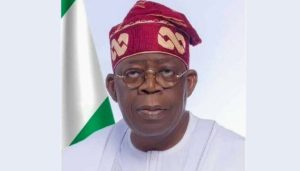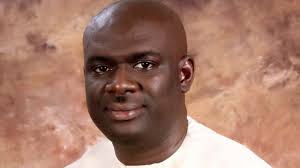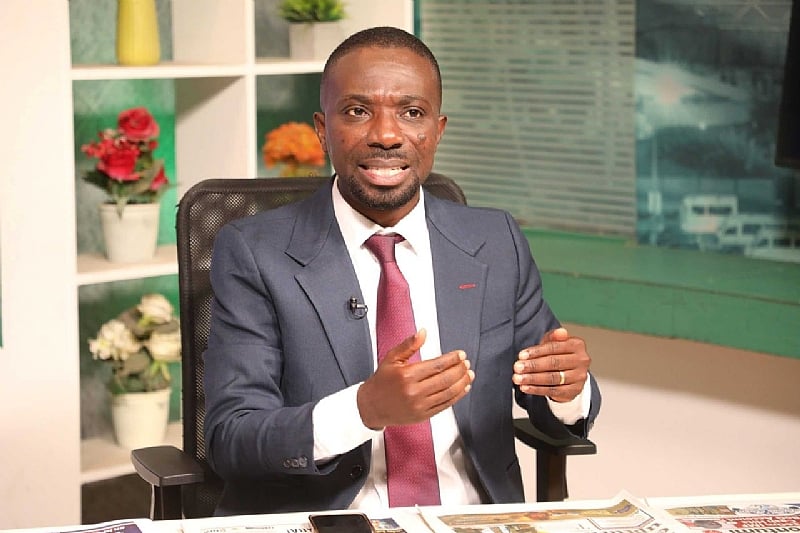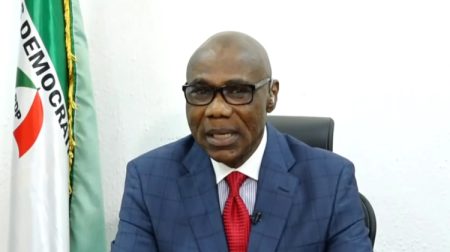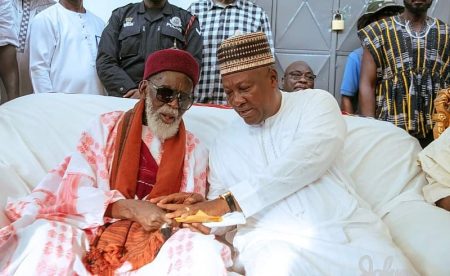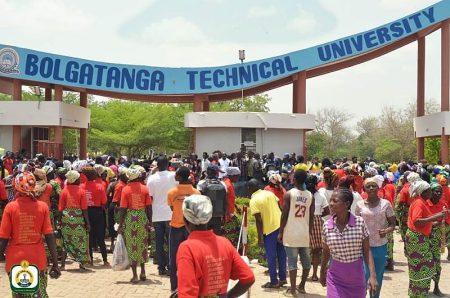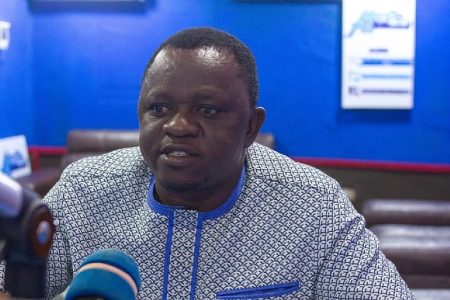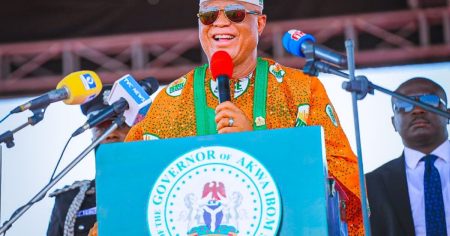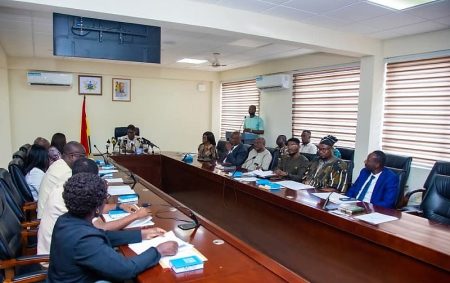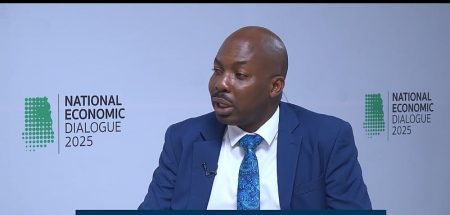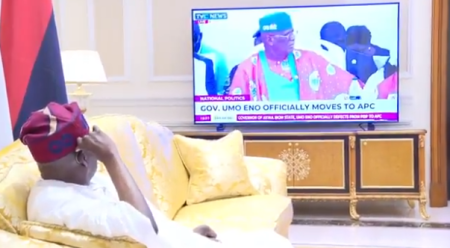Dennis Miracles Aboagye, the Director of Communications for the NPP’s 2024 flagbearer campaign, has launched a scathing attack on the NDC government, labeling it a deceptive administration preoccupied with superficial solutions rather than addressing the root causes of the nation’s challenges. He contends that the NDC, under the leadership of John Mahama, employs populist policies as a smokescreen to conceal their true intentions, misleading Ghanaians with promises of economic relief only to impose new taxes later. Aboagye’s criticism centers around the recent parliamentary approval of the Energy Sector Levies (Amendment) Bill, 2025, which introduces a GHS1 levy on every litre of fuel purchased, a move the NPP communicator condemns as a betrayal of the public trust.
Aboagye argues that the NDC’s initial actions, such as purported tax reductions, were merely a facade designed to create an illusion of positive change. He maintains that the government’s subsequent imposition of the fuel levy, dubbed the “dumsor levy,” exposes their deceptive tactics. According to Aboagye, the NDC orchestrated a carefully crafted scheme to win public favor, knowing full well that they would eventually resort to tax increases to address the nation’s economic woes. This, he believes, is a clear indication of the government’s lack of genuine commitment to the well-being of Ghanaians.
The crux of Aboagye’s argument revolves around the timing and nature of the newly imposed fuel levy. He questions the government’s rationale for introducing the levy just five months after claiming to have reduced the financial burden on citizens. This sudden policy reversal, he asserts, underscores the NDC’s deceitful nature and their willingness to manipulate public perception for political gain. He views the levy as a direct contradiction of the government’s earlier promises and a clear betrayal of the trust placed in them by the electorate.
Aboagye further challenges the NDC’s attempts to blame previous administrations for the current energy sector challenges. He contends that the very problems the government cites as justification for the fuel levy are, in fact, a direct consequence of the NDC’s own mismanagement during their previous tenure. This, he argues, invalidates their attempts to shift blame and reinforces the perception that they are not taking responsibility for their actions. Aboagye believes that the NDC’s actions demonstrate a pattern of creating problems and then presenting themselves as the saviors, a cycle he deems manipulative and detrimental to the country’s progress.
The NPP communicator also takes issue with the Majority Leader’s call for acceptance of the new levy. He criticizes this stance as an attempt to normalize what he considers an act of betrayal against the Ghanaian people. Aboagye emphasizes that accepting the levy would be tantamount to condoning the government’s deceptive practices. He urges Ghanaians to reject the levy and hold the NDC accountable for their broken promises.
In essence, Aboagye’s critique paints a picture of an NDC government that prioritizes appearances over substance, employing deceptive tactics to maintain a positive public image while implementing policies that contradict their earlier pronouncements. He accuses the government of orchestrating a calculated scheme to deceive Ghanaians, using populist measures as a prelude to unpopular tax hikes. Aboagye’s strong condemnation of the fuel levy and his characterization of the NDC as a “settings and packaging” government underscores the deep political divisions in Ghana and foreshadows a contentious campaign leading up to the 2024 elections.


